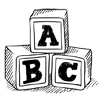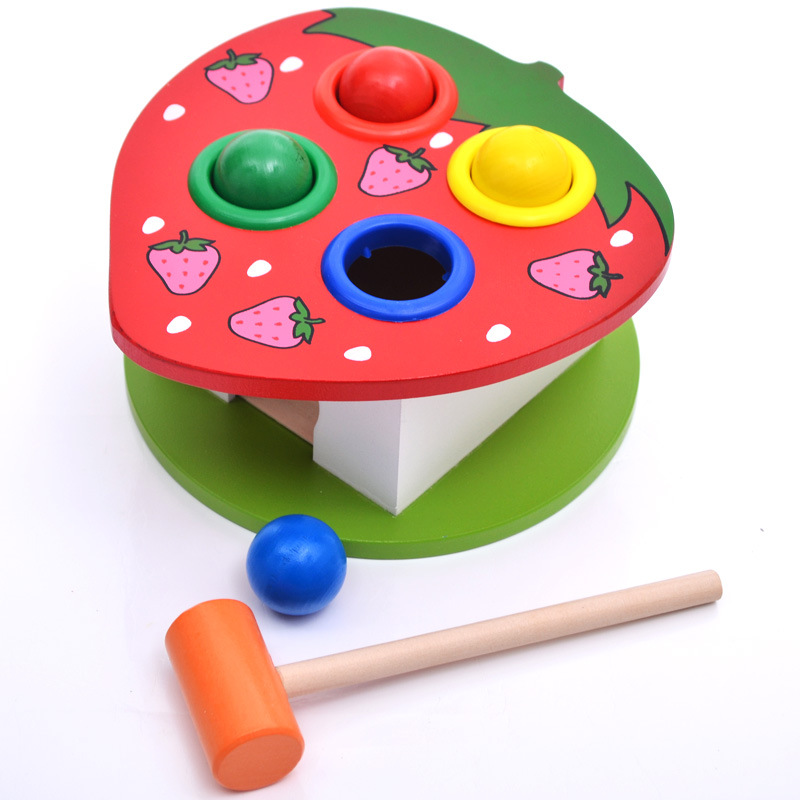Introduction: Executive function skills are essential cognitive abilities that enable children to regulate their thoughts, actions, and emotions effectively. Puzzle toys play a pivotal role in fostering the development of these executive function skills, providing children with enjoyable and challenging activities that promote self-control, planning, and problem-solving. In this blog, we’ll explore the connection between puzzle toys and executive function development in children, highlighting the ways these toys nurture critical cognitive abilities.
- Self-Control and Impulse Regulation: Solving puzzles requires children to exercise self-control, resisting the urge to rush and instead carefully consider their moves, enhancing impulse regulation.
- Planning and Organizing: As children approach a puzzle, they develop planning and organizational skills, strategizing how to complete the puzzle efficiently.
- Attention and Focus: Puzzle toys demand sustained attention and concentration, training children’s ability to stay focused on a task for an extended period.
- Flexibility and Adaptability: Encountering challenges in puzzle-solving necessitates flexibility and adaptability, teaching children to adjust their approaches when facing obstacles.
- Working Memory: Children exercise their working memory while mentally holding and manipulating puzzle pieces, reinforcing this crucial executive function skill.
Conclusion: Puzzle toys offer a wealth of benefits in promoting executive function development in children. Through self-control and impulse regulation, planning and organizing, attention and focus, flexibility and adaptability, and working memory exercises, puzzle toys empower children with essential cognitive abilities that lay the foundation for success in various aspects of life. By integrating puzzle toys into playtime and learning environments, parents and educators can support children’s executive function growth, preparing them for challenges and achievements throughout their developmental journey.








